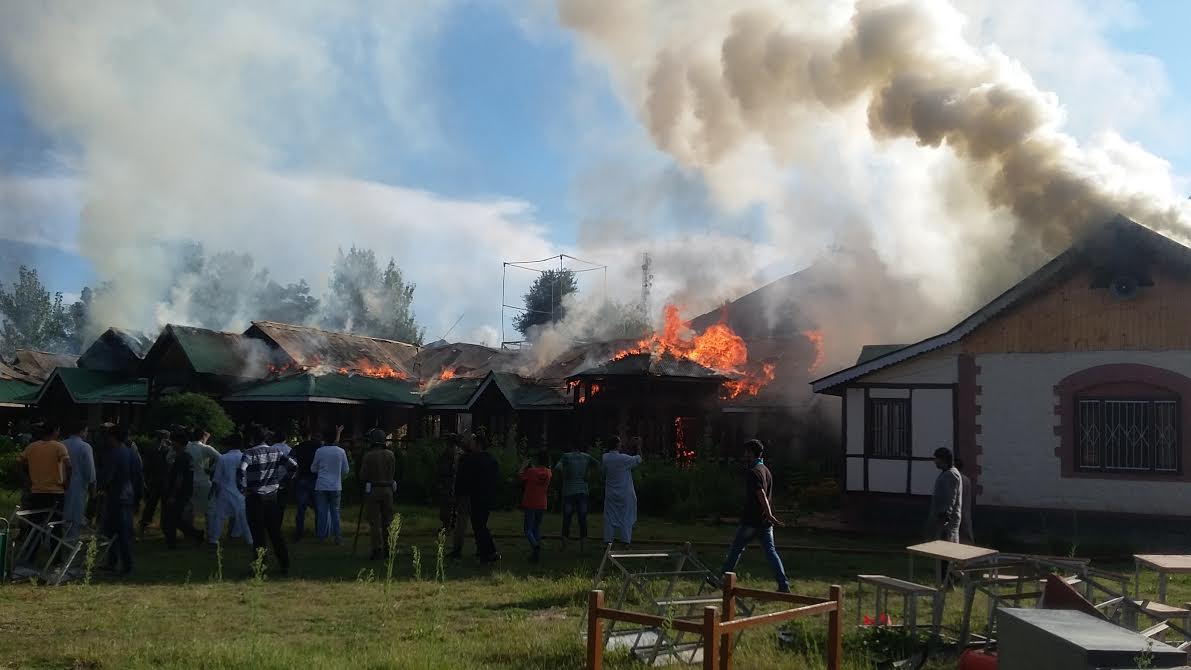Jammu: For Ravi Kiran Raina, a software engineer with a leading multi-national company in New Delhi, the report of each school getting burnt in Kashmir not only makes him sad but also refreshes bitter memories of his days as a student after the exodus of 3.50 lakh Pandits in 1990.Now a frequent traveler to Europe and the US on business trips every few months, Raina’s journey to get education after migration was full of struggle and frustration. He would feel disheartened on account of delay and postponement of examinations. There were no facilities to display and promote talents in evening colleges opened by the government to allow displaced minorities to pursue education.Ravi is not alone but he belongs to a generation of Pandit youth who were forced to leave the Valley after the eruption of militancy in 1990. The youth studied in squalid migrant camps in sweltering summer heat of Jammu, pursuing their dreams with determination.“It took me five years to complete my graduation from Kashmir University (KU) because continuous protests and militant attacks would force the university to defer the exams and results were not announced on time. Today when I read about the loss of an academic session in the Valley, I feel pity for separatists and agenda they are pursuing for younger generation,” said Ravi Kiran who completed his BSc in 1995 from KU’’s offsite campus in Jammu.Every displaced Pandit student, who was in school or college in 1990, lost nine to 12 months of his/her academic session after the exodus forced several people to discontinue studies.Worst-hit were school kids who studied in tents without facilities leaving a lasting impression on their life despite achieving remarkable success in various fields.“Schooling was a formality for us. Due to lack of classrooms, disruption of class work was routine in hot weather and rain. Those politicising education in Kashmir will never understand its value and how one feels when you are pushed to extreme by circumstances,” said Manju Bambroo, who now lives in Ahmedabad, Gujarat.About seven camp schools were established in Jammu to adjust thousands of students and teachers belonging to the minority community. During initial years, these lacked facilities of laboratory and library, affecting students and even the brightest among them.Vijay Bakaya, who was Divisional Commissioner (Jammu) between 1989-90 and was instrumental in the opening of camp schools and colleges, said, “Displaced youth suffered but the government adjusted thousands of teachers in these institutions and community too sacrificed much to educate their children to channelise trauma of migration in a positive way,” Bakaya said.The situation in the Kashmir valley is now coming a full circle to early years of militancy, when educational institutions were the first target of militants under a deliberate policy to drive away children from liberal education. (TNS)
Burning of schools bring bitter memories to Pandits

